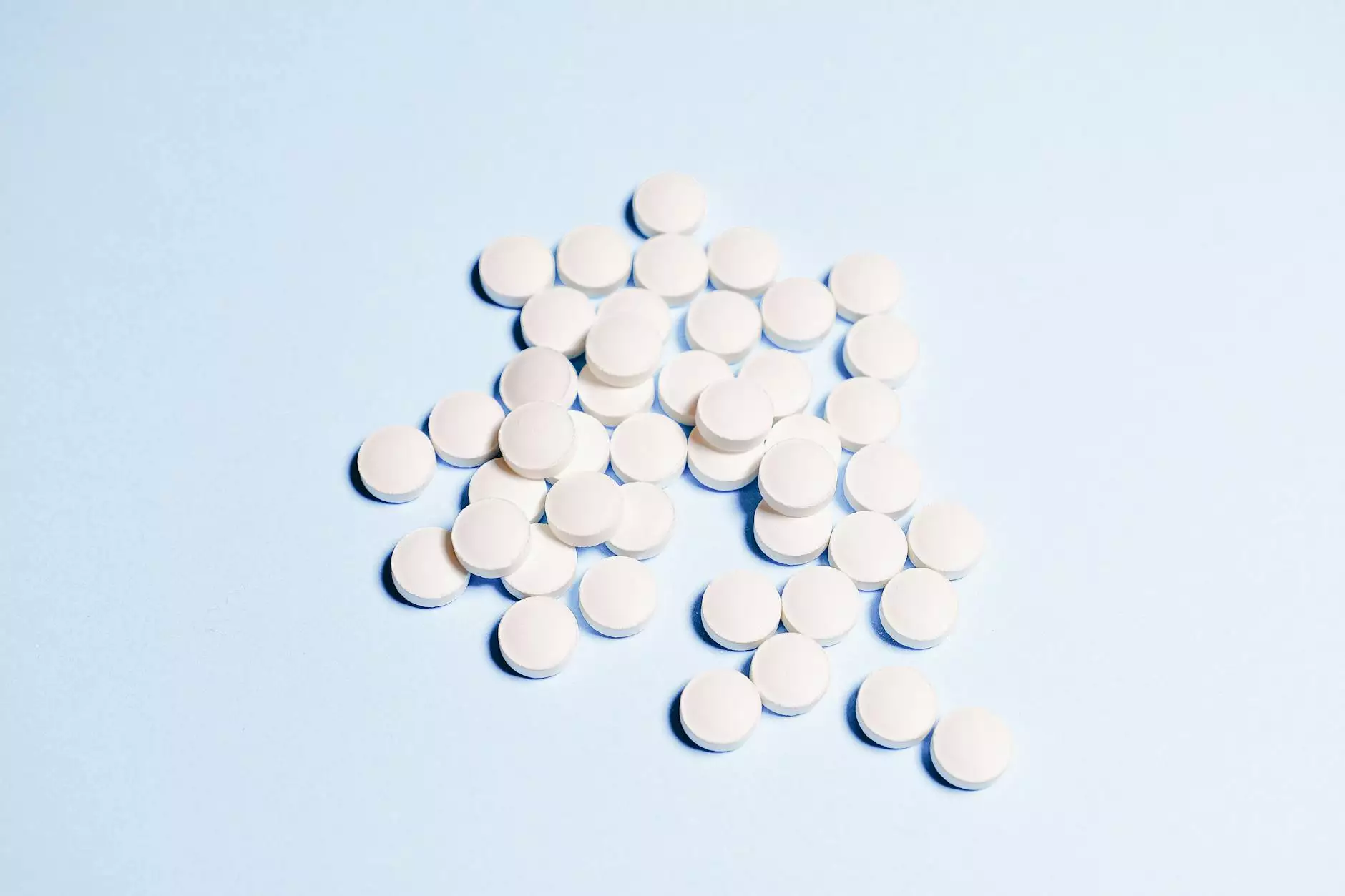The Transformative Role of **Peptides** in Modern Pharmacy

In the fast-evolving world of healthcare and pharmaceuticals, one of the most exciting developments has been the rise of peptides. This article delves into the significance of peptides and how they are changing the landscape of medical treatments and therapies. We will explore their definitions, applications, benefits, and their position within the pharmaceutical industry, especially focusing on resources found on https://supremeadderallstore.com/product-category/peptides/.
What Are Peptides?
Peptides are short chains of amino acids, which are the building blocks of proteins. They consist of two or more amino acids bonded together by peptide bonds. Peptides play a crucial role in various biological functions and can be found naturally in the human body as part of hormones, neurotransmitters, and enzymes.
The length of a peptide chain can vary, but typically they are known to contain between 2 to 50 amino acids. When peptide chains are longer than 50 amino acids, they are classified as proteins. Due to their simpler structure, peptides can be synthesized more easily and possess unique properties that make them highly valuable in medical applications.
The Significance of Peptides in Pharmacy
In the realm of pharmacy, peptides hold immense potential and are increasingly gaining attention for several reasons:
- Targeted Therapy: Peptides can be designed to target specific cells or receptors, enhancing the efficacy of treatments while minimizing side effects.
- Biocompatibility: Due to their natural occurrence in the body, peptides are generally well-tolerated and exhibit lower immunogenicity compared to larger proteins.
- Versatile Applications: Peptides can be formulated for various medical treatments, from cancer therapies to metabolic disorders, and even cosmetic enhancements.
The Various Applications of Peptides in Medicine
Peptides have a wide range of applications in medicine, reflecting their versatility and adaptability to the evolving needs of healthcare. Here are some notable applications:
1. Hormonal Treatments
Many peptide hormones, such as insulin, are crucial for the regulation of various bodily functions. Peptide-based therapies help in managing conditions like diabetes effectively. Insulin therapy, as a well-known example, allows for precise control over blood sugar levels in diabetic patients.
2. Cancer Therapy
Peptide-based treatments are being explored as potential cancer therapies. Some peptides can selectively bind to receptors on cancer cells, delivering cytotoxic agents directly to the tumor, thereby sparing healthy cells and enhancing the treatment's effectiveness.
3. Vaccine Development
Peptides are playing an increasingly significant role in vaccine formulation. They can be used to mimic proteins on the surface of pathogens, helping the body to recognize and combat diseases without exposing it to harmful agents. This approach is evident in the development of vaccines targeting various viral infections.
4. Anti-Aging Solutions
In the cosmetic industry, peptides are celebrated for their ability to promote collagen production and skin rejuvenation. Products infused with peptides can contribute to reducing wrinkles and improving skin elasticity, making them popular choices in anti-aging skincare routines.
5. Pain Management
Certain peptides are being studied for their analgesic properties, potentially offering new avenues for pain management. These peptides could work by modulating pain pathways, providing relief without the side effects commonly associated with traditional pain medications.
The Benefits of Using Peptides in Therapy
Utilizing peptides in therapeutic settings offers numerous advantages, contributing to their increasing incorporation in medical practice:
- Precision Medicine: Peptides can be tailored to interact with specific biological markers, paving the way for personalized medicine.
- Fewer Side Effects: Because of their targeted nature, peptide therapies often result in fewer adverse reactions compared to conventional drugs.
- Rapid Research and Development: Peptides are relatively easier to synthetize, allowing for quicker advancements in pharmaceutical research.
- Increased Stability: Modified peptides can enhance stability and prolong half-life, thus improving therapeutic outcomes.
Challenges in the Use of Peptides
Despite their promising potential, the use of peptides also presents several challenges:
- Stability Issues: Peptides can be susceptible to degradation, posing challenges in drug formulation.
- Cost of Development: The research and development of peptide-based therapies can be expensive, limiting accessibility.
- Regulatory Hurdles: The speed of translation from research to clinical application can be hindered by regulatory requirements.
Conclusion: The Future of Peptide-Based Therapies
As we look towards the future, the impact of peptides within pharmacy promises to expand even further. With continuous advancements in technology and biopharmaceuticals, the ability to design and produce novel peptides will unlock new frontiers in treatment options. Their unique capabilities in targeting disease mechanisms, minimizing side effects, and providing effective therapies make peptides a cornerstone of modern medicine. To explore more about peptide formulations, visit this dedicated resource on peptides.
In summary, the significance of peptides in pharmaceutical applications cannot be overstated. As researchers continue to unveil the vast therapeutic potentials of peptides, we are likely to witness innovative treatments that enhance the quality of healthcare, showcasing peptides as a hallmark of advanced medical science.









